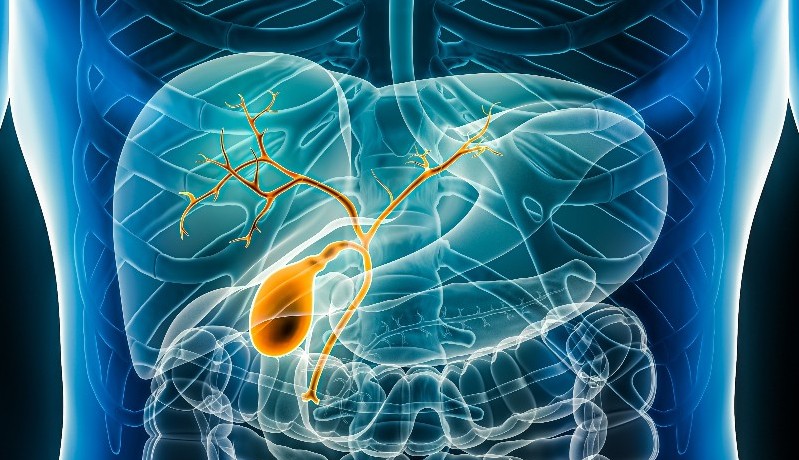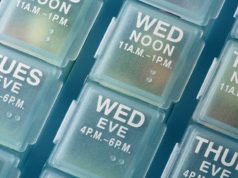Percentage of patients with biochemical response was higher in the seladelpar versus placebo group
By Elana Gotkine HealthDay Reporter
MONDAY, Feb. 26, 2024 (HealthDay News) — For patients with primary biliary cholangitis, more receiving the peroxisome proliferator-activated receptor delta (PPARδ) agonist seladelpar have a biochemical response and alkaline phosphatase normalization, according to a study published online Feb. 21 in the New England Journal of Medicine.
Gideon M. Hirschfield, Ph.D., from the University Health Network in Toronto, and colleagues conducted a phase 3, 12-month, double-blind placebo-controlled trial involving patients with primary biliary cholangitis with inadequate response to or who had a history of unacceptable side effects with ursodeoxycholic acid. One hundred ninety-three patients were randomly assigned to receive oral seladelpar at a dose of 10 mg daily or placebo in a 2:1 ratio. The primary end point was a biochemical response.
The researchers found that the percentage of patients with a biochemical response was higher in the seladelpar group versus the placebo group (61.7 versus 20.0 percent). In addition, significantly more patients who received seladelpar had normalization of the alkaline phosphatase level (25.0 versus 0 percent). Compared with placebo, seladelpar resulted in a greater reduction in the score on the pruritus numerical rating scale (least-squares mean change from baseline, â3.2 versus â1.7). Overall, 86.7 and 84.6 percent of patients in the seladelpar and placebo groups, respectively, had adverse events; for serious adverse events, the corresponding values were 7.0 and 6.2 percent.
“The selective PPARδ agonist seladelpar elicited biochemical responses while also reducing pruritus in patients with primary biliary cholangitis who had had an inadequate response to or who had a history of unacceptable side effects with ursodeoxycholic acid,” the authors write.
The study was funded by CymaBay Therapeutics, which manufactures seladelpar.
Abstract/Full Text (subscription or payment may be required)
Editorial 1 (subscription or payment may be required)
Editorial 2 (subscription or payment may be required)
Copyright © 2024 HealthDay. All rights reserved.








